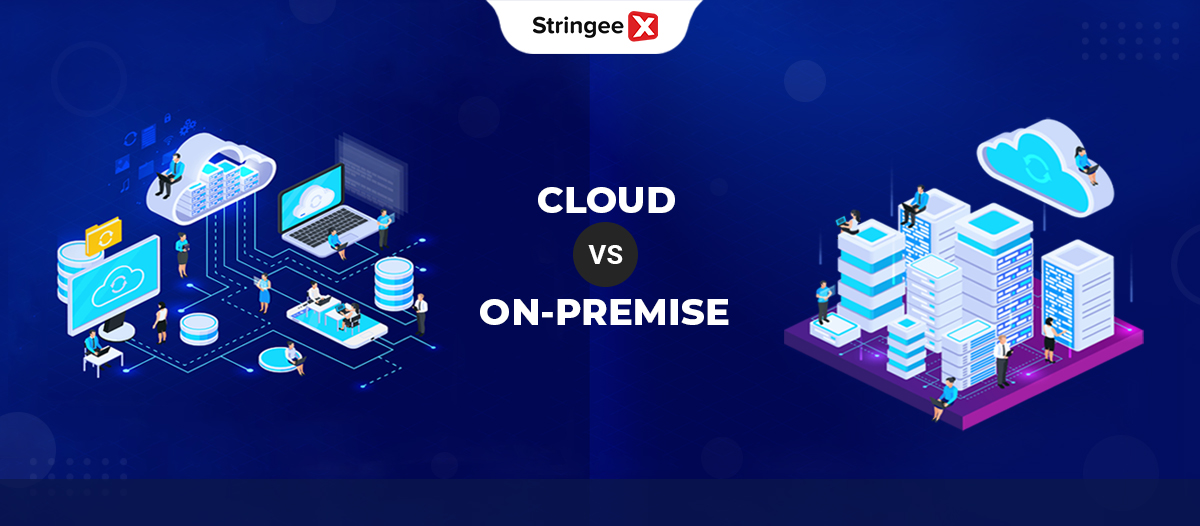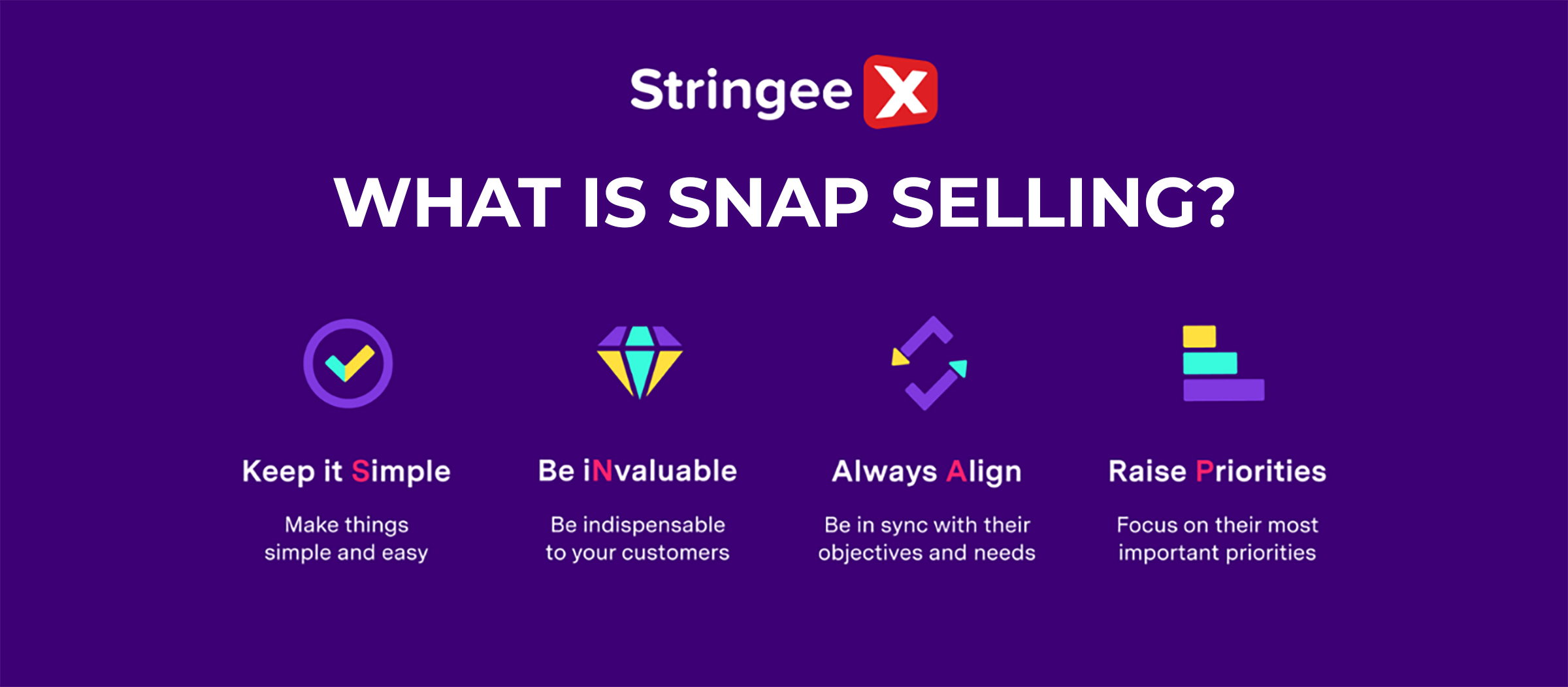Which is preferable, on-premise vs cloud contact center software? Many established businesses ponder if it will be worthwhile to switch from their on-premises technical infrastructure to the cloud. In contrast, a number of more recent businesses question whether they ought to spend their first funding on on-premises systems. You need to be aware of the distinctions between on-premises and cloud-based services and infrastructure in order to decide which choice is best for your business.
On-premise Vs Cloud Contact Center Software - The Definitions
On-premise Solutions
For businesses that require phone lines placed across a whole facility, including servers and PBX phones, on-premises systems are the standard phone installations. On-premises solutions are incredibly dependable - at least until there is a hardware failure - because all the equipment the call center needs to make calls is kept in the building.
For a long time, it was also thought to be the safest choice because it's unlikely that someone would hack the phone system to steal data or listen in on calls. Their major mistake is that the setup is costly and complicated; an IT service team must be hired to set up the office's infrastructure and connect everything. In addition, it may take some time for the system to recover from a hardware breakdown, during which time phone lines will not be accessible.
Cloud Solutions
On the other hand, a cloud-based call center is a complete opposite. Any physical equipment, including servers and phone connections, is not necessary. Since a laptop or tablet also functions in this situation, a standard phone is also acceptable.
Voice Over Internet Protocol is used throughout the infrastructure to place and receive calls online. Basically, agents can make calls from wherever as long as they have access to a reliable internet connection.
The largest concern for businesses is how safe VoIP and the Cloud are, especially in light of the numerous cybersecurity concerns currently present. Another issue is that because VoIP is so dependent on an internet connection, it becomes impossible to make calls if the connection is bad or fails.
If your business is looking for a cloud-based contact center software, StringeeX solutions can meet your demands and deliver exceptional customer experience.
>>> Read more: Why Should Businesses Integrate CRM With Contact Center Software?
On-premise Contact Center Software - The Pros & Cons


 The pros & cons of on-premise contact center software
The pros & cons of on-premise contact center software
The Advantages Of On-premise Solutions
Better Security
Businesses frequently cite improved security as the primary justification for maintaining on-premises security. Similar to storage, keeping everything in-house makes it less likely that someone will be able to access your applications and steal data.
Additionally, installing additional data protection mechanisms on data and programs based on an on-premises system as opposed to a cloud-based one is often simpler.
Better Customization
The main justification given by companies for continuing to use on-premises security is typically better security. Just like with storage, keeping everything in-house reduces the risk of someone being able to access your programs and steal data. In addition, installing additional data protection technologies on data and software based on an on-premises system is frequently simpler than installing such tools on a cloud-based system.
License Purchase
On-premises systems typically have licensing structures connected to the host hardware rather than the user. Within this concurrent seat paradigm, a corporation has more freedom to redistribute licenses. Typically, the recommended course of action is to buy 10-15% more licenses than you need to account for growth throughout the course of the platform's existence.
The Disadvantages Of On-premise Solutions
Scalability
The fact that on-premises software doesn't scale as effectively as cloud-based software is another typical problem. For instance, your IT staff will need to manually install the software or hardware to enable your new employees to use it if you increase the number of users in a program. Additionally, outdated software can burden you with applications that you no longer need.
Time-consuming Deployment
The slow deployment speed of on-premises software is a significant problem for businesses that use it. When you buy software, you'll need to set up the hardware, test the program to make sure it runs, and then distribute it to every employee. This can take a ton of time and put you at a disadvantage.
Upfront Costs
The initial cost of the services would be higher if you want to buy software and incorporate it into your on-premises system. Despite the possibility that these expenditures would eventually balance out, it's likely that other, improved programs will enter the market. As a result, you could not use a program long enough to recoup your initial investment. A cloud-based subscription may be more advantageous for businesses with less cash.
Mobile Workers And Remote Offices
On-premises software can pose new difficulties in granting access to these remote workers if your firm has many locations or a sizable mobile staff. It is necessary to include more network or carrier services, which raises the company's operational costs and overall complexity.
Cloud Contact Center Software - The Pros & Cons



The pros & cons of cloud contact center software
The Advantages Of Cloud Solutions
Affordability
Applications that use the cloud have cheaper costs. You won't have to pay a hefty upfront licensing price; instead, your monthly payments will be far reduced. These monthly expenses frequently come in the form of subscription fees. The companies providing these subscriptions generally provide maintenance and support, saving you manpower and the financial cost of having to fix issues yourself, in addition to the lower initial fees that make them more affordable.
Management Services
The management services that providers normally provide customers are a key component of cloud computing. Working with a vendor who will handle everything externally allows a customer to avoid having to host the software or buy the gear themselves, freeing up workers and lowering expenses.
The provider will take care of all management, so the company won't ever have to bother about upgrades or network monitoring.
Effortless Deployment
The main benefit of cloud computing is the rapid deployment without involved installation procedures. Customers of cloud software providers can begin using the vendors' applications in a matter of minutes. Quick deployment is particularly popular among competitive businesses because it gives organizations an advantage over their rivals.
The Disadvantages Of Cloud Solutions
Long-term Costs
There is one problem with cloud-based software. Over time, subscription fees may end up costing more overall than if a business had paid a licensing fee up front. This is especially true if your company doesn't use the most recent software releases.
Users of cloud-based software always have access to the most recent version, and the monthly subscription price includes the development costs.
Security Issues
Cloud software also suffers from security challenges similar to those that afflict cloud storage. Despite improvements in security, the cloud can still be breached by outside parties looking to steal data from these online services.
Look for vendors who enable single sign-on and multi-factor authentication if you decide to use the cloud. A common business directory server should be used to manage employee access through onboarding and offboarding procedures.
Less Adaptability
For businesses that use cloud-based software, flexibility and customizability are frequently a problem. Software providers who offer their services to businesses in the cloud sometimes don't offer many customization alternatives. We offer the same off-the-shelf application to all customers. Customers might not receive a service that is convenient for all they do because the service is frequently created for the industry rather than the unique demands of a company.
To Sum Up
This comparison of on-premise vs cloud contact center software demonstrates that the question "which is better?" cannot be answered with certainty. You must consider the benefits and drawbacks of each option in light of your particular requirements.
Overall, on-premise solutions offer better data protection security but demand a lot more work, whereas cloud software provides the most freedom for you and your staff thanks to the SaaS principle.










